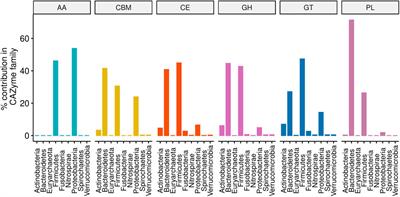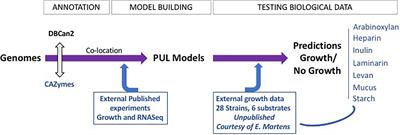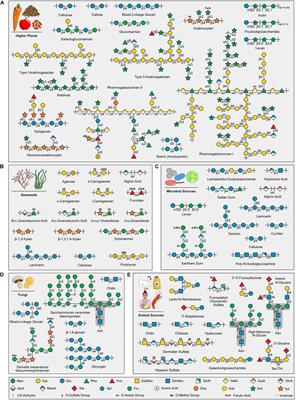ORIGINAL RESEARCH
Published on 10 Dec 2021
Oral and Gut Microbial Carbohydrate-Active Enzymes Landscape in Health and Disease

doi 10.3389/fmicb.2021.653448
- 7,040 views
- 24 citations
13k
Total downloads
52k
Total views and downloads
ORIGINAL RESEARCH
Published on 10 Dec 2021

ORIGINAL RESEARCH
Published on 06 Oct 2021

ORIGINAL RESEARCH
Published on 24 Jun 2021

ORIGINAL RESEARCH
Published on 04 Jun 2021

REVIEW
Published on 28 May 2021

ORIGINAL RESEARCH
Published on 29 Apr 2021

MINI REVIEW
Published on 19 Feb 2021

ORIGINAL RESEARCH
Published on 12 Nov 2020
